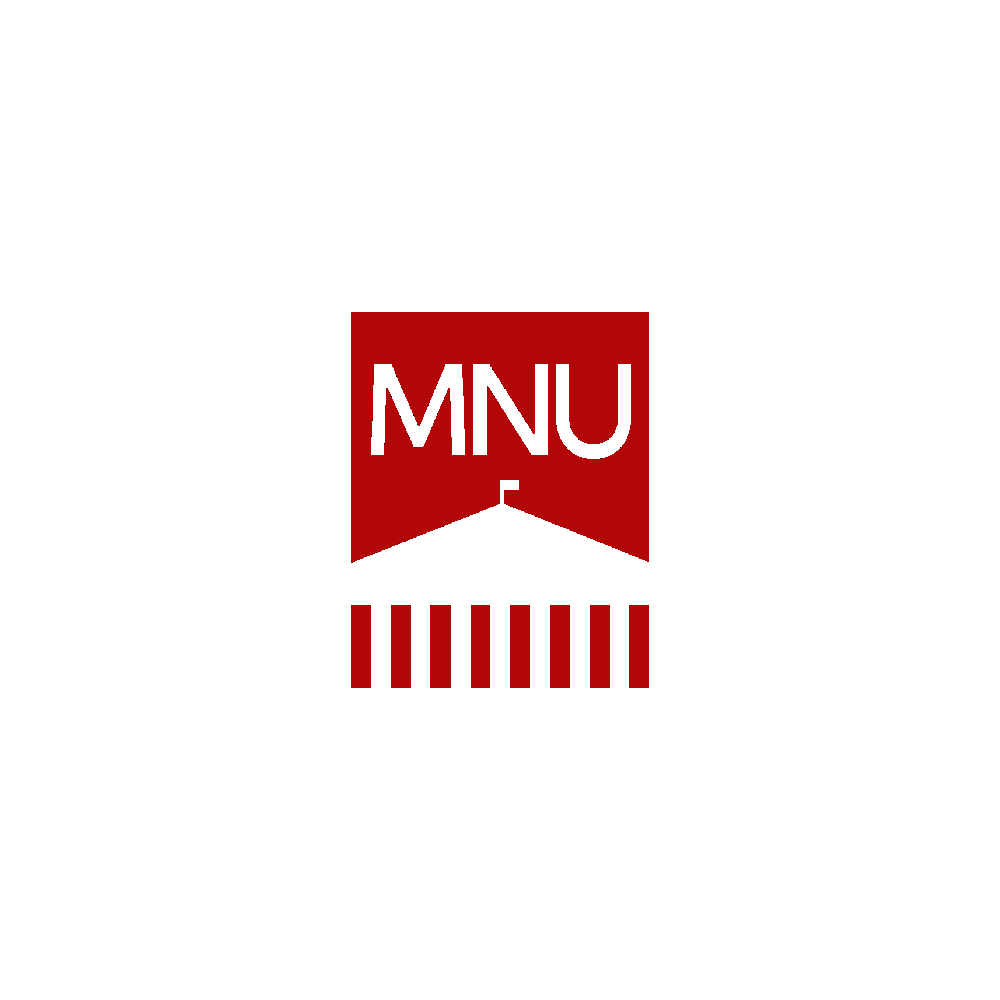List of required documents:
• a student's application form (download);
• copy of the international passport;
• transcript of academic progress for the current year of study (Russian and English);
• international certificate confirming the level of foreign language proficiency (IELTS, TOEFL, Cambridge English, Duolingo);
• completed application form (download);
• letters of recommendation in Kazakh, Russian or English languages of your choice (if available);
• copies of diplomas, certificates, diplomas in the chosen field of study, received for participation in the event of national or international level (if available);
• copies of documents confirming the fact of belonging to the following categories of individuals, if available: a document on family members, to confirm that the student's family has many children, a document confirming that the student has missing parents (for the category of students who are orphans or students left without parental care), a document confirming disability.

